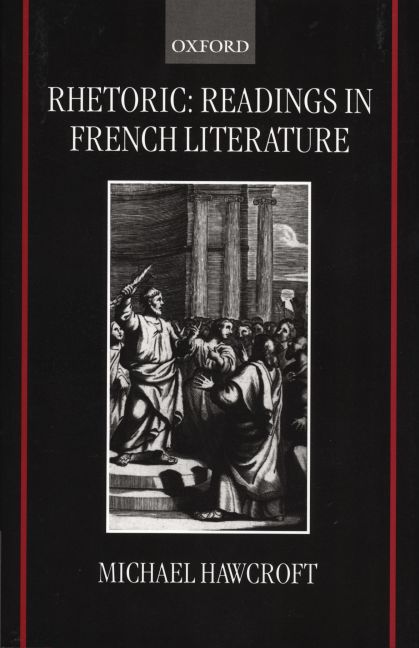
Doch Lessing hätte wohl Martial nicht zum Muster erhoben, wenn der Dichter aus Bilbilis nicht so tatkräftig an seiner Kanonisierung gearbeitet hätte.

Das liegt zwei-felsohne auch in der Wertung durch Lessing in " Zerstreute Anmerkungen über das Epigramm und einige der vornehmsten Epigrammatisten " (1771) begrün-det. Der römische Epigrammatiker Martial wirkte normgebend auf das neuzeitliche Epigramm und gilt als Klassiker dieser literarischen Gattung. What remains is his work, a Martialian literary history, including and epigrammatizing both Greek and Roman literature. Not by chance this poem is the only one that mentions a Greek epigrammatist: Martial wants to make forget his rivals. Not at least he compares himself with Callimachus, the father of epigram, maybe even surpassing him (IV 23,4). He also uses Greeks to compare Romans (of past and present) with them. Often the Roman reception and transformation of Greek literature prepared Martial's use of authors, works and characters: Martial sees them with the eyes, above all, of Ovid. Moreover, Martial mentions the obscene writers Philaenis, Elephantis, Sotades and Hemitheon who fit in the epigrammaton lingua. using parody, biographistic reading, obscene transformation). Besides pure poetic memory he plays with them according to the rules of epigram (e.

Martial makes references to the well known poets Homer, Menander, Sophocles, Pindar, Sappho, Callimachus and Archilochos. This paper examines not only Martial's relation to Greek epigram, but to Greek authors of all genres. Of course the Greek authors are too important for the Roman cultural life to be neglected by Martial. Especially the Roman 'classics' of the Late Republic and Augustan Period serve to (re)create a literary system with epigrammatic rules, a new 'epigrammatic canon'. His self-canonization consists in explicit references to literary history as well as in intertextual procedures. It was Martial himself who worked hard to establish epigram in the literary system.

The Roman epigrammatist Martial is the classic of his genus up to our days, not only after the judgment of Lessing who used Martial's poems to define this genre.


 0 kommentar(er)
0 kommentar(er)
